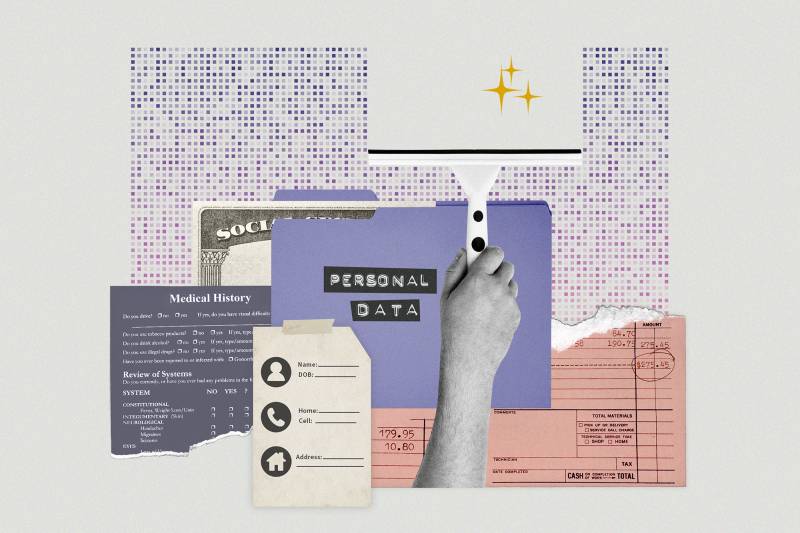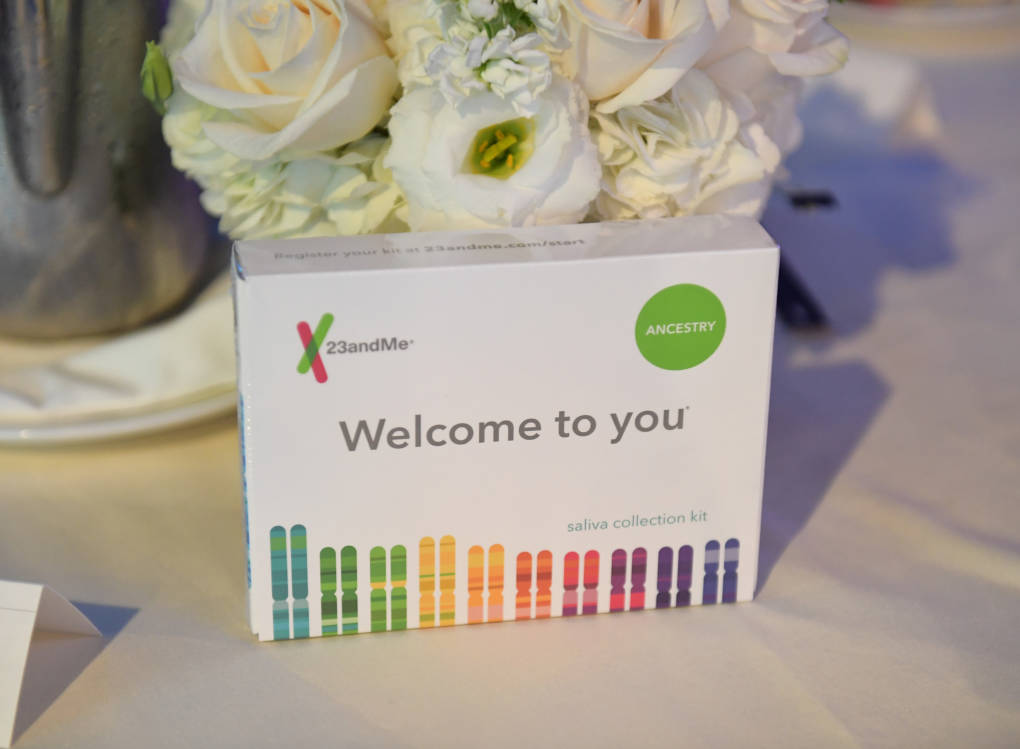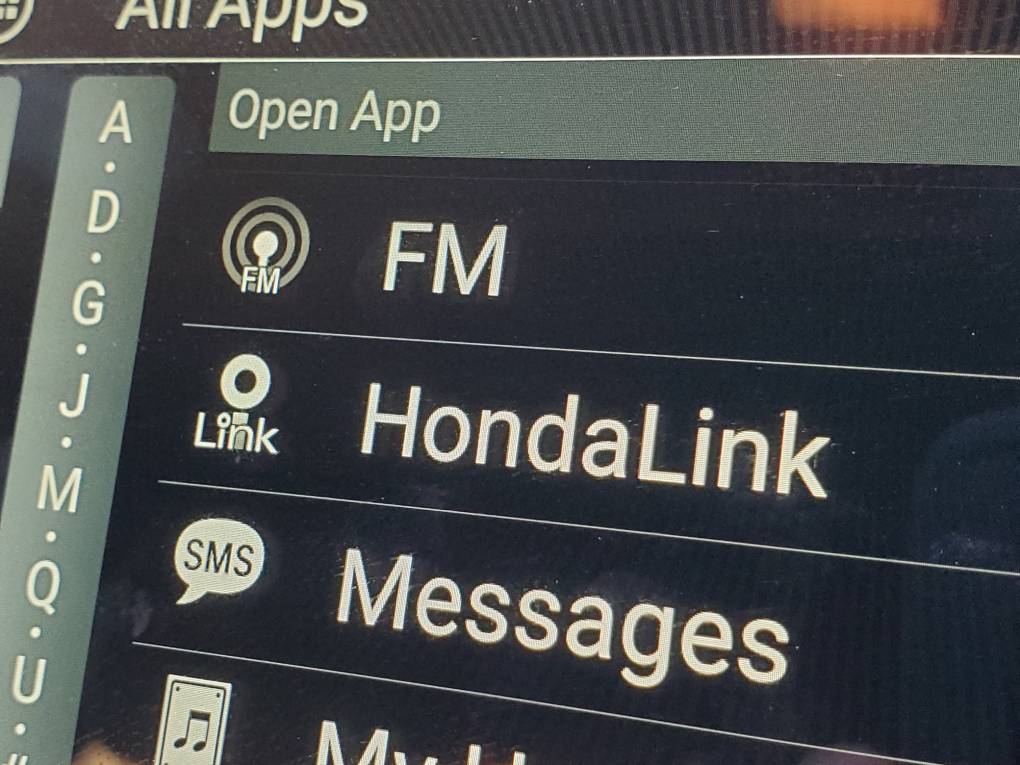If you visited a Planned Parenthood in the continental United States in the past few years, then the company Near Intelligence, a data broker, probably knew it — and may have sold that information to anti-abortion activists. If you attended certain houses of worship or patronized particular pharmacies, the data broker known as Outlogic allegedly sold that information.
Near Intelligence filed for bankruptcy in December. Outlogic agreed to a settlement with the Federal Trade Commission to stop selling user location data while insisting regulators had found “no misuse of any data.” Both were among nearly 90 companies on the latest version of the California data broker registry that self-reported selling data about where people are or have been.
For the first time this year, California requires data brokers — companies that knowingly collect and sell consumer’s data to third parties — to report if they collect location data. New state transparency requirements that kicked in this year also revealed that roughly two dozen companies collect personal data about children, and about a dozen collect reproductive health data about people who are pregnant.
Do data brokers somewhere have data about you? Almost certainly. Almost everywhere you go on your digital journey will collect traces of information about you. If you’ve been on the internet in the past few years, you’ve probably seen a bunch of notices asking if it’s okay for the website you’re on to collect your “cookies” — information that allows the website to remember you, essentially. Some apps on your phone may track your location. It’s hard to precisely say what information about you is where because there are so many variables — your privacy settings, the sites you visit, what you buy and from whom, etc. — but data brokers are in the business of finding, collecting, and selling that data to other businesses.




